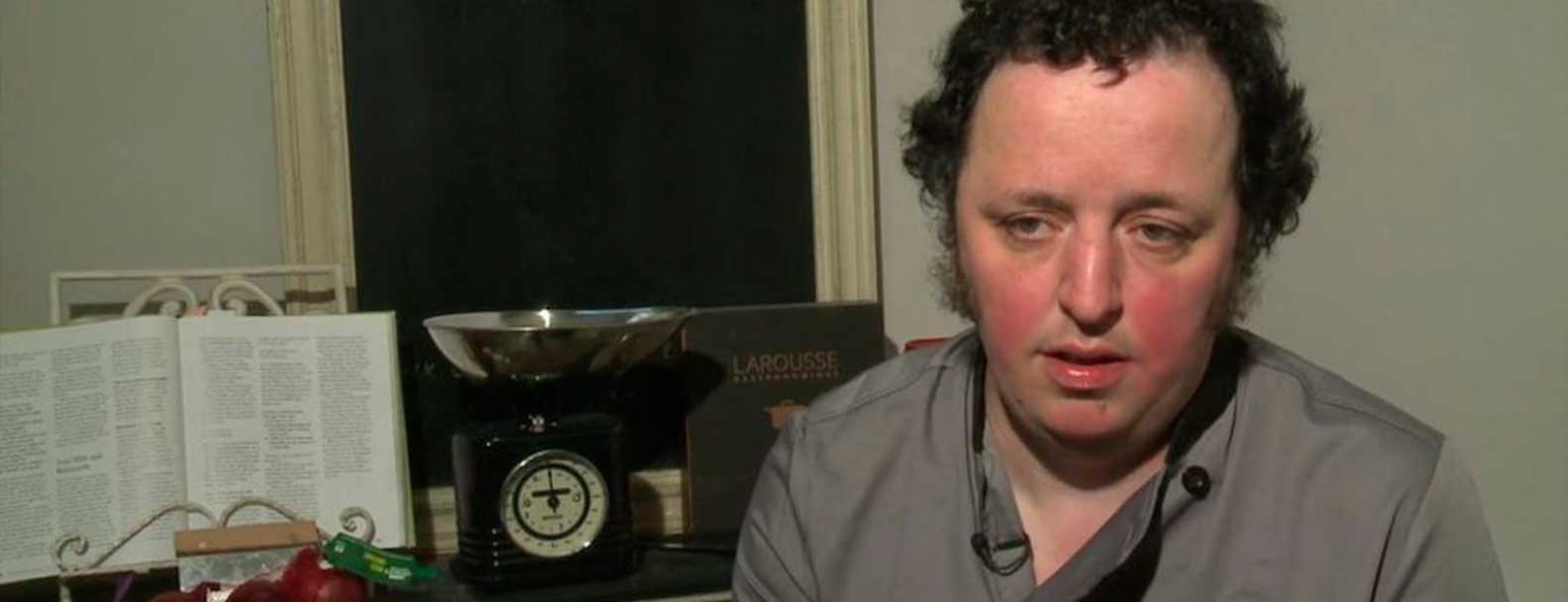
Disability Works: Breaking down barriers in business
Across the world up to 1.2 billion people live with some sort of disability, it is estimated. That’s equivalent to the population of China.
In the UK, it is thought that some seven million people of working age have a disability, which all adds up to an awful lot of spending power.
Latest figures from the UK’s Department of Work and Pensions estimate that this spending power, the so-called “purple pound”, is worth £249bn to the economy.
So what should businesses be doing to try to get a share of this money?
That’s what we’ll be asking during Disability Works week from the BBC’s business and economics unit.
We’ll be looking at how businesses work with people with disabilities and how disabled people have made business work for them.
Challenging stereotypes
I gradually began to lose my eyesight when I was in my teens so I understand the difficulties for disabled people getting into work. I’ve been a producer in the BBC’s business and economics unit for nearly nine years.
I’m keen to address the stereotype of disabled people that we all too often see in the media. For every one of the superheroes climbing mountains or the wheelchair marathon runners, there are dozens of people quietly getting on with running their own business.
There are also likely to be a lot of disabled people watching the news who miss out on seeing people like themselves reflected in bulletins. I’m hoping that this week will go some way to addressing that.
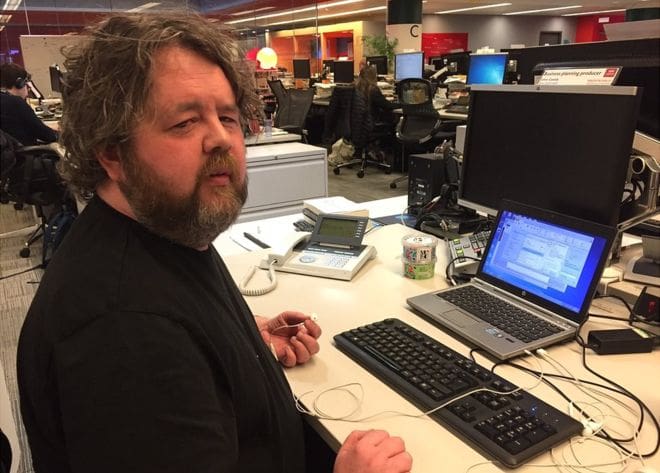 The BBC’s Johny Cassidy began to lose his eyesight when he was in his tens
The BBC’s Johny Cassidy began to lose his eyesight when he was in his tens
We’ll be talking to disabled men and woman who have decided to start their own businesses, from the Welsh baker just at the start of his journey into entrepreneurship, right the way through to the Christmas tree farmer who’s been selling trees for over 20 years.
Business sense, not charity
Many big businesses realise that by simply listening to and understanding the needs of their disabled customers, a rich new revenue stream can be opened up.
It is not about charity, though. It makes hard business sense to address the needs of this demographic.
Diversity in a workforce has long been said to be beneficial to a company. The need to reflect your customer base within the workforce brings empathy and understanding, and far from being a hindrance to a business, this diversity can bring a strength.
We’ll look at the UK fragrance house that has teamed up with a college for the blind in Mumbai in India in order to train people to become perfumers and the South African business that is training disabled welders.
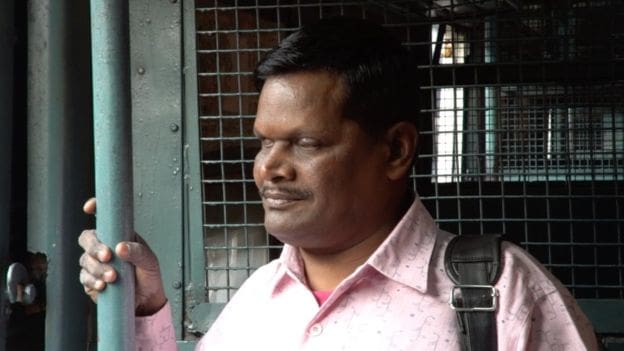 Ravi Vanniyar’s company uses blind people like himself to check the smell of raw materials that go into making perfumes
Ravi Vanniyar’s company uses blind people like himself to check the smell of raw materials that go into making perfumes
The whole idea is to show that with a little bit of adaptation and understanding, disabled people can and do add to the economy.
Disability Works
- The BBC’s business and economics unit is looking at how businesses work with people with disabilities and how disabled people have made business work for them
- A range of stories will feature across online, TV and radio from 20-24 February 2017
- On Twitter and Facebook you can follow the hashtag #DisabilityWorks and at the end of the week you can download the Ouch podcast
The interesting thing though is that these difficulties are more often than not the catalyst that enables people to start their own business, and we will also try to offer some advice to disabled people who are thinking of doing so.
This is often a preferred route for many people as running your own business offers the flexibility that a nine-to-five job might not give you.
The bigger difficulty for many is the barriers that other people put in the way.
Advances in access technology have taken away many of these physical barriers, but there’s still a lot to be done to take away the social ones.
Source: BBC
Compartilhe
Use os ícones flutuantes na borda lateral esquerda desta página
Siga-nos!
Envolva-se em nosso conteúdo, seus comentários são bem-vindos!
Artigos relacionados
Acessibilidade no transporte aéreo. Atualização das regras.
Acessibilidade no transporte aéreo. Revisão da Resolução nº 280/2013 da ANAC através de consulta e audiência pública.
Inclusão no filme Wicked. Atriz cadeirante chama a atenção.
Inclusão no filme Wicked. Marissa Bode é uma atriz com deficiência na vida real, e sua deficiência não foi um impedimento para a atuação.
Diretrizes da ANPTUR para o Turismo Brasileiro
Diretrizes da ANPTUR para o Turismo Brasileiro. Acessibilidade é um dos capítulos desse importante guia orientador para o turismo.

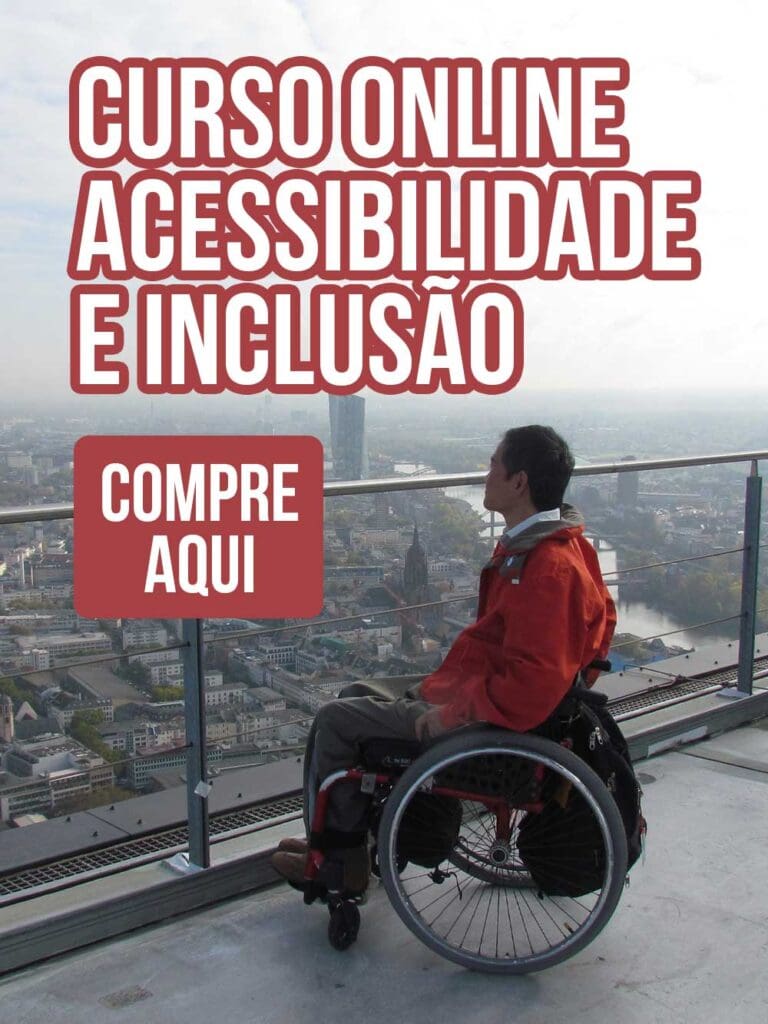
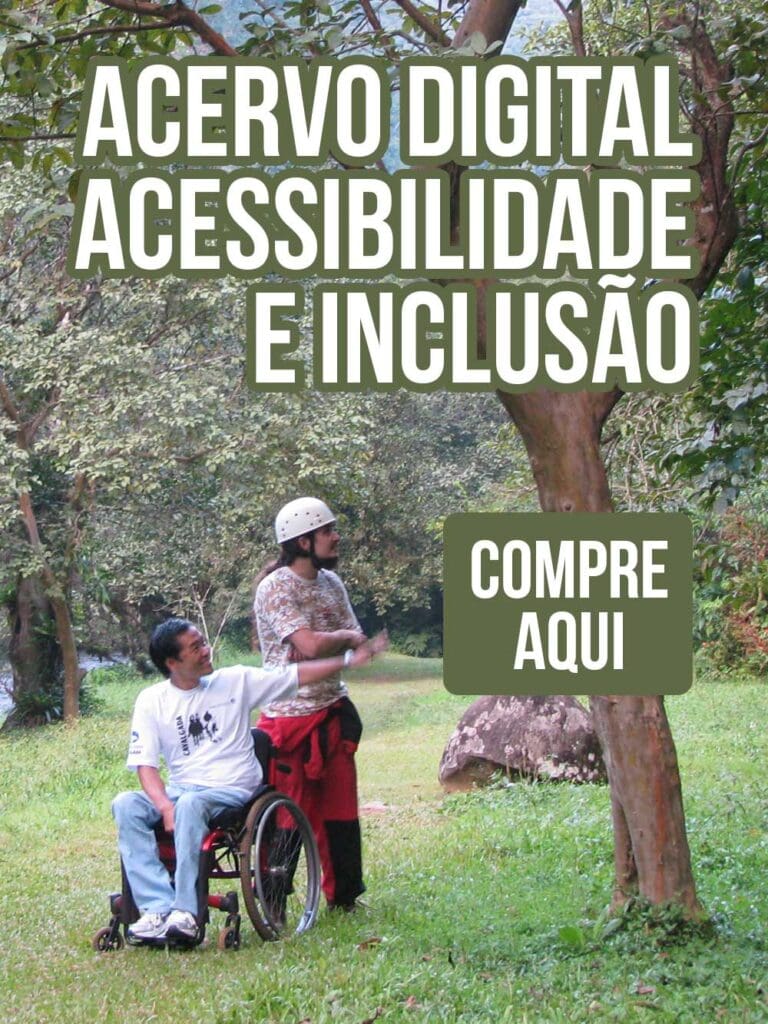
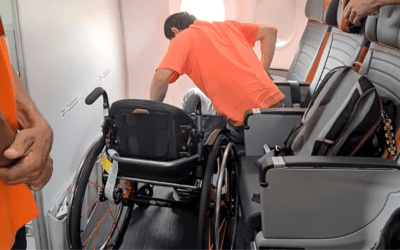


0 comentários